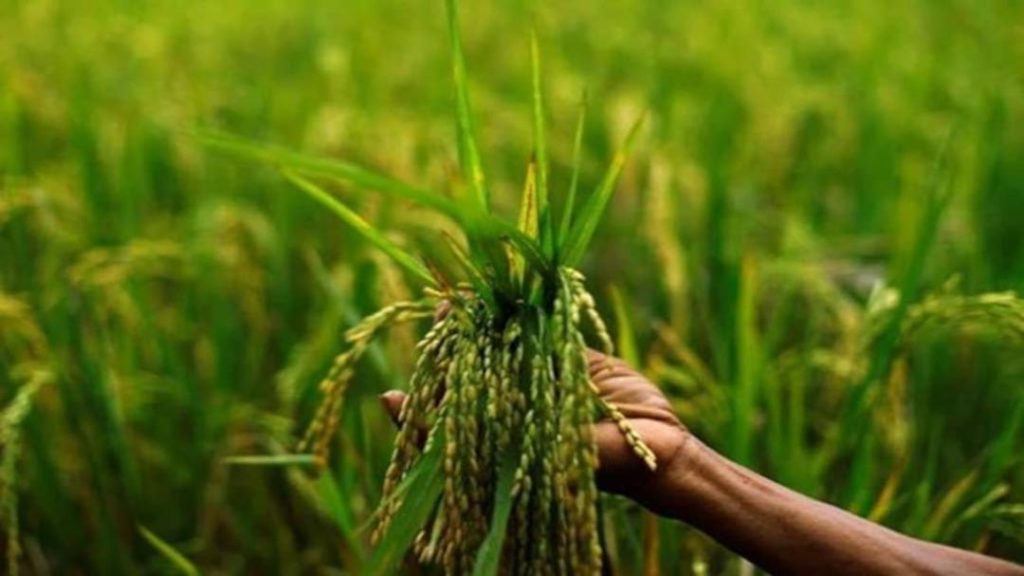
Title: India Cutting Chenab’s Supply Will Increase Water Shortage & Impact Crops, Accepts Pakistan
Pakistan’s Indus River System Authority (IRSA) has accepted that India’s decision to reduce the flow of the Chenab river after suspending the Indus Waters Treaty (IWT) would lead to increased water shortages across the country. The IRSA has also warned that this move will have a significant impact on the kharif crops, which are already facing a shortage of 21% for the remaining early kharif season. Additionally, the IRSA has estimated that the water shortage in the late kharif season will be 7%.
The IWT was signed in 1960 by India and Pakistan to govern the use of the waters of the Indus Basin. The treaty ensured that each country received a fair share of the waters of the Indus, Jhelum, and Chenab rivers, which are the main sources of water in both countries. However, tensions between India and Pakistan have been escalating over the past few years, leading to a suspension of the treaty.
India’s decision to reduce the flow of the Chenab river is seen as a response to Pakistan’s decision to suspend the treaty. Pakistan has accused India of violating the treaty by building dams and diverting water from the Chenab river, which has led to a reduction in the water flow into Pakistan.
The IRSA has warned that the reduction in water supply from the Chenab river will have severe consequences for Pakistan’s agriculture sector. The authority has stated that the water shortage will lead to a decrease in crop yields and a reduction in the overall productivity of the agricultural sector.
The IRSA has also warned that the water shortage will have a significant impact on the livelihoods of millions of people in Pakistan who depend on agriculture for their livelihood. The authority has stated that the water shortage will lead to a loss of revenue for farmers and a decrease in the overall economic activity in the country.
Pakistan’s Ministry of Water Resources has also expressed concern over the reduction in water supply from the Chenab river. The ministry has stated that the water shortage will lead to a decrease in the overall economic activity in the country and will have a negative impact on the livelihoods of millions of people.
The situation is likely to worsen in the coming months as Pakistan’s water needs are expected to increase during the late kharif season. The IRSA has warned that the water shortage will be more severe during this period and will have a significant impact on the agricultural sector.
Pakistan’s decision to suspend the IWT has been widely criticized by the international community. The United Nations has called on both countries to resolve their differences through peaceful means and to maintain the integrity of the treaty.
The situation highlights the importance of international agreements and treaties in resolving water disputes between countries. The IWT was signed to ensure that both countries received a fair share of the waters of the Indus Basin, and its suspension has led to a severe water shortage in Pakistan.
In conclusion, India’s decision to reduce the flow of the Chenab river will lead to increased water shortages and a significant impact on Pakistan’s agriculture sector. The IRSA has warned that the water shortage will have severe consequences for Pakistan’s economy and will lead to a loss of revenue for farmers. The situation highlights the importance of international agreements and treaties in resolving water disputes between countries.
News Source: https://x.com/TimesNow/status/1919429995526520980






